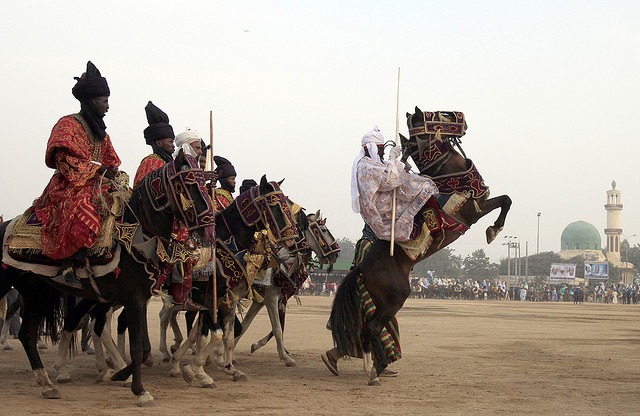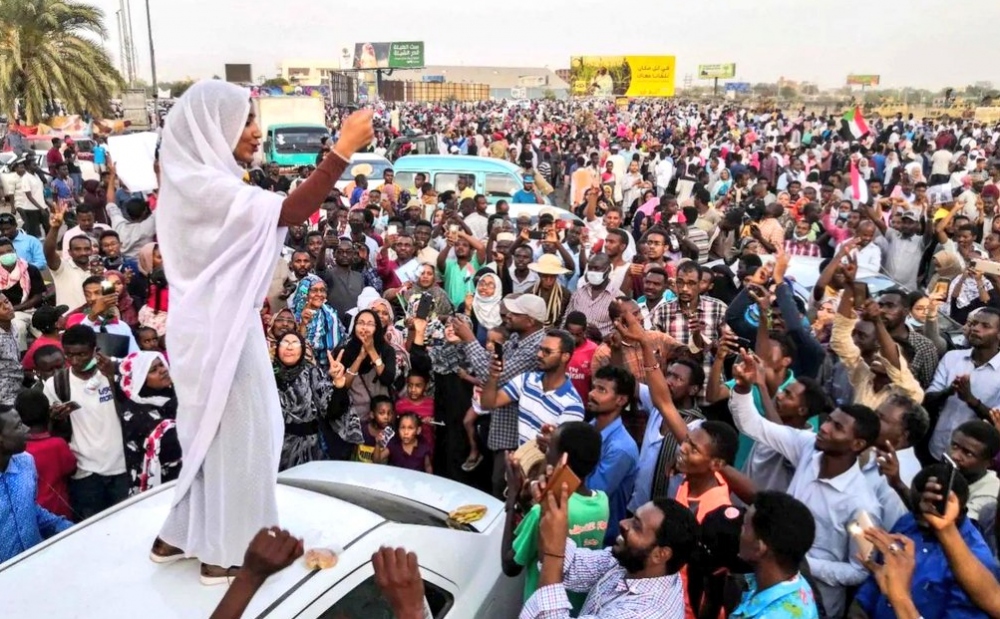On March 21, 137 civilians were killed in localities near Niger’s border with Mali, in what the Niger government described as attacks perpetrated by “armed bandits”. Sadly, the deadly attacks were not a standalone incident or an anomaly. Since January, four separate attacks by armed groups left at least 300 people dead in the land-locked West African country.
The problem is not limited to Niger either – countries across the African continent are suffering from violence perpetrated by numerous armed groups. According to the World Bank, 20 of the 39 countries most affected by conflict in the world are in Africa.
And most of these violent acts are not stemming from conflicts between nations, nor being directly perpetrated by international terror groups – they are rooted in disputes within local communities or between them.
According to experts, for example, the latest attacks in Niger were the result of ISIL-affiliated militants stoking long-existing tensions between roaming herders and farming communities.
Such communal tensions and conflicts are extremely widespread on the continent. According to the Uppsala Conflict Data Program, as much as 81 percent of conflicts in Africa between 1989 and 2011 occurred at the community level and as many as 23 African countries experienced communal conflict between 1989 and 2014.
*The views of the above article are those of the author and do not necessarily reflect the views of Africa Speaks 4 Africa or its editorial team.




